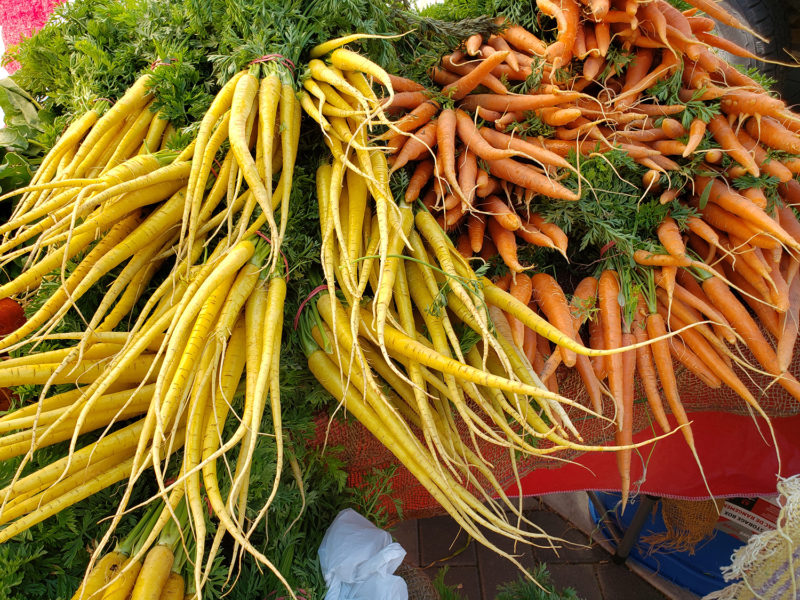Consumer confidence in Canada’s food system is at all-time highs, according to the Canadian Centre for Food Integrity.
CCFI released a report earlier this month indicating that 87% of Canadians feel the food system has come through COVID-19 able to deliver healthy food. Citing a study for the BC Agriculture Council, the report noted that 83% of BC residents have the same or greater confidence in the food system as before the pandemic.
However, 26% of BC residents feel less confident about their access to adequate food.
The finding dovetails with the report’s finding that 45% of Canadians are more concerned about food affordability, while 51% have less money to spend on food as a result of the pandemic.
Heightened anxiety about food costs probably won’t be allayed by the annual food price report from the Agri-Food Analytics Lab at Dalhousie University, typically released the first week of December each year.
Produced in collaboration with the University of Guelph, this year’s report will be supported by the work of James Vercammen, a professor in the Food and Economics Group with the Faculty of Land and Food Systems at UBC as well as Stuart Smyth of the University of Saskatchewan.
“British Columbia’s unique determinants of regional and national food prices will now be emphasized in the report, broadening its scope and accuracy,” says Vercammen.
The report last year projected an overall increase of 2% to 4% in food prices, an estimate that remained unchanged during the pandemic. Higher prices for meat led the way last year, rising an estimated 4% to 6%.
An update at the end of March indicated that higher consumer spending on vegetables during the summer would offset price decreases at restaurants, which were forced to find unique ways to maintain business during the pandemic.


 BC Blueberry council set for elections
BC Blueberry council set for elections